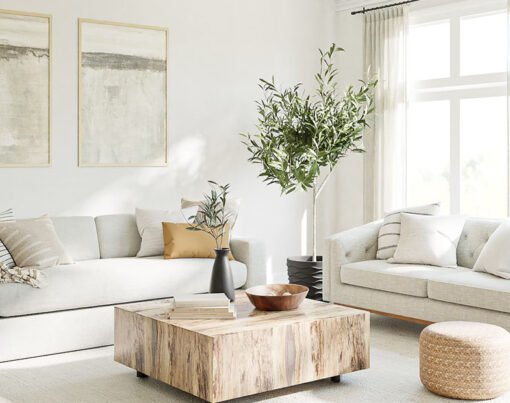Gardening is an age-old pastime that has been passed down from generation to generation. It’s one of the most popular and rewarding hobbies because it gives people a chance to work with their hands, be artistic (like using wooden pallets from Mississauga), and enjoy the outdoors.
However, over the years, myths about gardening have begun to develop and spread. Let us take a step back, review the facts about gardening, and debunk some of the most persistent gardening myths.
Grab your tools and get ready to learn the truth behind the 7 common myths about gardening you need to shrug off:
Table of Contents
Compost piles have a foul odour
The myth that compost piles smell bad is a common misconception among gardening enthusiasts. Compost piles are actually quite odourless, and the smell only occurs when the compost pile is not managed properly.
This can be remedied by ensuring that the compost is kept moist and loose by regularly turning it over with a garden fork.
With the right amount of maintenance, a compost pile is beneficial to the garden, improving its nutrient-rich soil and promoting healthy plant growth. It has the power to turn a bare patch of dirt into an abundant and thriving garden with ease.
Thatch forms as a result of grass clippings
Grass clippings are beneficial to the soil. Not only do they provide organic matter and act as a natural fertilizer, but they also help retain moisture and reduce the need for chemical fertilizers.
So, next time you mow the lawn, don’t be afraid to leave the clippings behind. Use a mulching mower to quickly turn clippings into mulch and spread them evenly around your lawn using a blower.
After pruning, paint the tree wounds
It’s a common belief among gardeners that after pruning a tree, you should paint the wounds with a sealant. This can be harmful to certain trees.
For example, painting a maple tree wound can cause more harm than good, as these species require air circulation to heal. The best course of action is to let the wound heal on its own. If you’re looking to get a maple tree, there are plenty of maple trees for sale in Brampton to choose from.
However, there are certain exceptions for tree-wound paint to be appropriate. If you are pruning a tree that might be in danger from disease-carrying bugs drawn to a fresh wound, use tree-wound paint. This method is especially useful for birch and oak trees.
Daily watering
Plants in containers might require daily watering, but landscaping plants do not. It is preferable to deeply irrigate and water a few times per week. Roots are encouraged to remain close to the surface by shallow watering. Deep roots are much advisable because they will help plants be more self-sufficient during dry spells.
Regular cultivation will provide the finest garden soil
Contrary to popular belief, regular cultivation of the soil will not necessarily guarantee the finest garden soil. Regular cultivation can lead to a decrease in soil health. It may be more advantageous to leave the soil undisturbed for some time.
This is due to the soil’s increased capacity to hold moisture, which improves its ability to support plant growth. The soil is also left undisturbed, allowing beneficial microorganisms to flourish and improve the soil’s fertility and structure.
As an alternative, the soil should be managed in an integrated manner that considers both soil quality and soil fertility. Using non-chemical methods of weed control, such as mulching and hand-weeding can help foster healthy soil.
The best mulch is wood chips
This thought depends on how you intend to use this type of mulch. Mulch from wood chips makes excellent naturalistic garden mulch, but they retain too much moisture for cacti and succulents. There are also restrictions. They can cause problems with bugs and rot if they are piled up against plant stems, so spread them out evenly (not more than 3 inches thick).
Newspapers and cardboard are excellent weed barriers
While they can offer a temporary fix, they can obstruct water penetration and gas exchange if they get too wet or dry. Generally, no more than 4 to 6 sheets of newspaper or 1 layer of cardboard should be used. This will help ensure an effective barrier that will stop any weeds from growing throughout your garden.
It is important to be aware of any myths in gardening and to make sure that any cultivation is done carefully and well-researched. As for aesthetics, you do not only focus on the health of your garden but also the presentation. You can install landscape lighting from Mississauga to help highlight your garden in the afternoon and especially at night.










